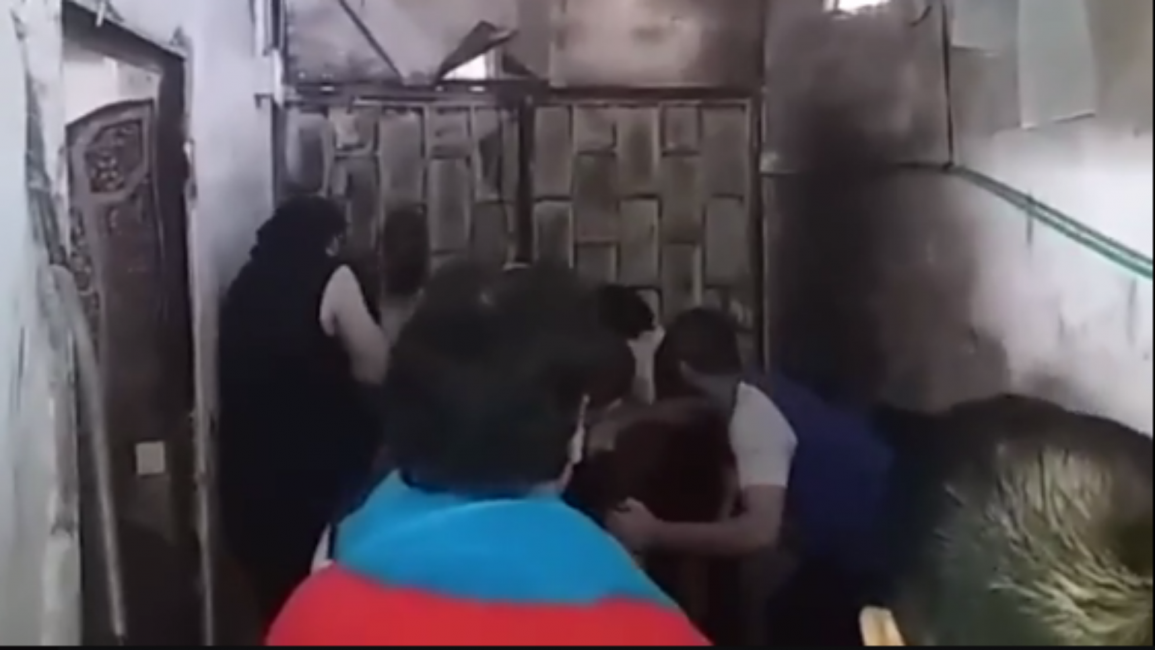Syrian prisoners release jail chief unharmed in Hama
Detainees in control of Syria's Hama prison have released a prison chief they were holding captive.
Prisoners released the commander of Hama jail's police unit as an act of goodwill, and due to his health condition.
A prisoners' spokesperson said Damascus officials ignored repeated requests for diabetes medication to be delivered to the captive police chief.
"The detainees released Ashraf Taha as an act of goodwill and because he was sick," the spokesperson said. The prisoners still hold seven police officers, who are being treated well, he added.
Taha was freed, unharmed, despite having a reputation for violence towards detainees. Shortly after his release, power and water was restored to the prison for the first time in three days.
However, the detainees' group remains sceptical over the regime's motivations for potential rapprochement, and fear a massacre could be imminent.
"The regime is trying to show they are cool with the detainees, especially after the revolt gathered media attention. There are many thousands of detainees we do not know anything about," he said.
Around 300 security personnel are occupying the prison yard, and the detainees fear an assault on the detention centre is imminent.
Prisoners first took control of Hama prison at the start of May, after guards transported five political prisoners from the jail to one of the country's most feared prisons in Damascus, where the detainees feared they would executed.
An agreement was reached with the regime on May 9, which ended the occupation by prisoners.
After the regime stopped releasing detainees as part of the deal, the prisoners re-took control on May 28.
The protesters are now demanding the release of political prisoners, medical care for the sick in the jail, better living conditions, and an end to the death penalty.



